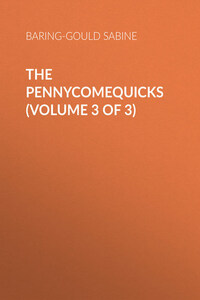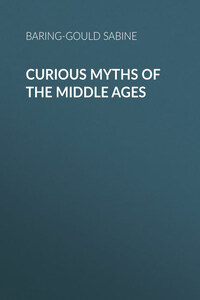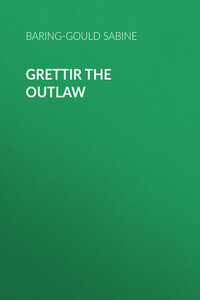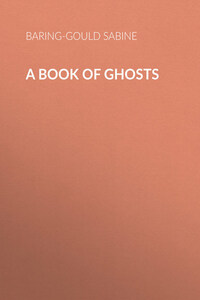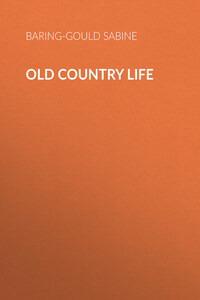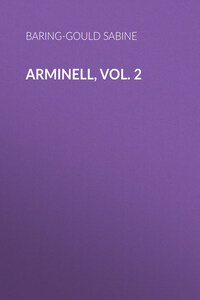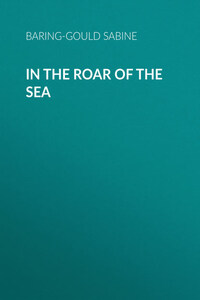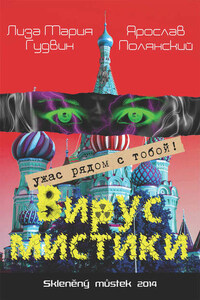CHAPTER XXXIV.
A DESOLATE HOUSE
Philip was restless all that day, after Salome had departed. He had remained at home in the morning to see her off, and he did not return to his work at the factory till after lunch.
At the office, he found it impossible to fix his thoughts on the books and letters before him. He was not an imaginative man, but day-dreams forced themselves before him now; between his eyes and his ledger he saw the pale, tearful face of Salome through her veil. He found his thoughts travelling along the line with her. He saw her in a corner of the railway carriage, with her hands on her lap, looking out of the window, not to see anything, but to hide her wet cheeks from her fellow-passengers. He caught himself wondering whether she had taken sandwiches with her and a little bottle of sherry. When he travelled – and he was called from home occasionally – there was always a neat little package in white paper and a tiny flat flask, pressed on him. Had any of the servants thought of these things for Salome? That she had thought of them for herself was unlikely. When she reached town, what would she do? Would the porters be attentive? Would they take her wraps and little odds and ends and see her into a cab? And would the flyman be civil, or would he seek to take advantage of a lone lady, especially one who looked ill and unhappy? Would not such an one become a prey to his rapacity, and be subject to rudeness?
What sort of weather would Salome have for crossing the Channel? She was going by Dover and Ostend, Brussels and the Grand Luxembourg, to Strasburg; thence by Basle to Lucerne, and so on by boat and diligence to Andermatt.
How would she manage about change of money? Where effect an exchange? She had never travelled abroad before; how would she contrive about her luggage? What sort of French scholar was she? Who would be her companions on the long night journey from Brussels to Strasburg? What if she had to endure association with vulgar, insolent, objectionable travelling comrades?
Philip became hot, then cold.
'I beg your pardon, sir,' said the clerk, coming to his desk. 'Are you aware that you have subscribed that letter twice over, Yours truly, P. Pennycomequick?'
'So I have; I will write it again.'
'And, sir – I beg pardon – you have directed this letter to Messrs. Brook & Co., Cotton Spinners, Andermatt. Is that right?'
'I have made a mistake. I will write the address again.'
At dinner, that evening, Philip was alone. The parlour-maid waited. She stood a little way off, behind his chair, whilst he ate. He was conscious that she watched him at his soup, that she was counting how many spoonfuls went into his mouth, that he was not unobserved when he added salt and pepper. She was down on his plate like a vulture on a dead camel, the moment he had taken his last spoonful. Probably she was finding it as embarrassing standing watching him eat as he found it eating with her watching.
'Mary,' said Philip, 'did Mrs. Pennycomequick have any refreshments with her when she left – sandwiches and sherry?'
'I beg your pardon, sir; I don't know. I will go and ask cook.'
She did know. Philip was sure she did, but made this an excuse to get out of the dining-room and its oppressive restraint to the free air of the kitchen.
Presently she returned.
'Well?' asked Philip.
'Please, sir, no. Cook says she tried to press them on missis, but missis, sir, wouldn't have 'em. She said she'd have no appetite.'
'What is it?' asked Philip, as a dish was offered.
'Curried rabbit, sir.'
'Curried rabbit? No, thank you.'
Philip looked across the table, to the place hitherto occupied by his wife. He had not been gracious, only coldly civil to her of late, but then – now he would have been glad to have had someone opposite him to whom he could have been coldly civil; someone to whom he might have remarked that the weather had been bad, that the barometer was rising, that the political situation was so and so.
Bother that woman! – he meant the parlour-maid. Then aloud, 'What is it? Oh, veal.' He would have some veal. 'Stuffing?' Oh! the stuffing formed that brown wart at the side, did it?
He tried to eat his veal, but felt that the eye of Mary was on the back of his head, that she was looking at the nape of his neck, and the hair there, and the collar-button, and a little dust that lay on the collar of his coat. Philip had a mole on the nape of his neck, and he was convinced that this mole formed an object of the liveliest interest to Mary. She was watching the mole; when he opened his jaw, the mole took a header and went under his collar; when he shut his mouth it rose above the collar; whilst he was chewing, the mole danced on the horizon of his collar, to Mary's infinite amusement.
Philip turned round. His imagination made him fancy that Mary was tittering, overcome by the antics played by his mole.
Philip took wine, and as he felt the glow of the sherry pass down his throat, he wondered whether Mary felt a glow of sympathy down her throat, occasioned by seeing him drink the sherry.
